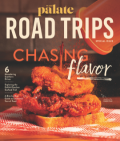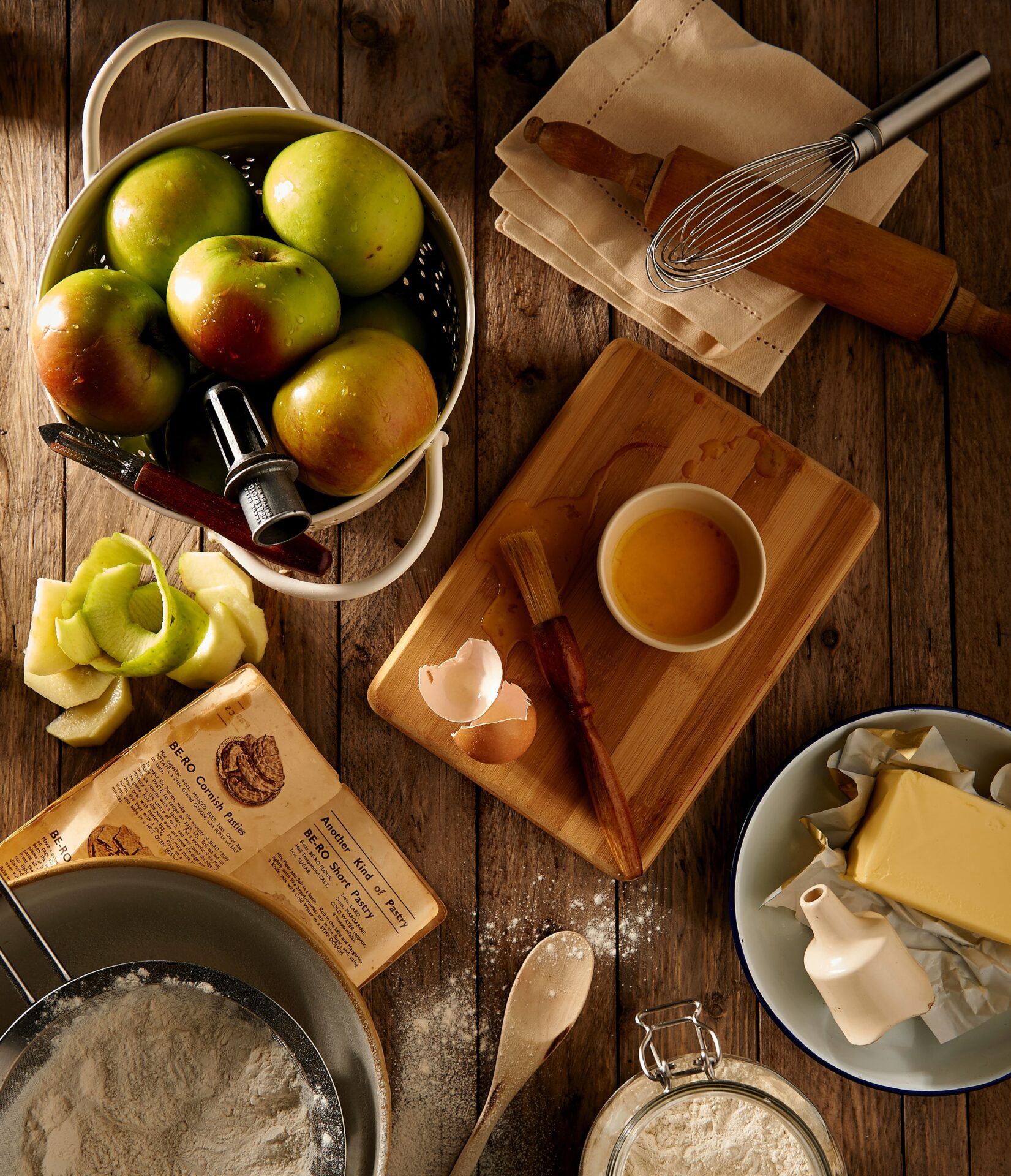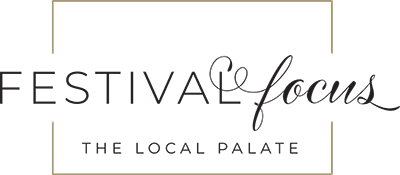
You can get decent bread just about anywhere in this country, but rare is a bakery like Le Bakery & Café in Biloxi, Mississippi. Run by the Nguyen family, you’ll find the usual French pastries and artisanal breads, but also bubble tea, bánh bao, and bánh mi. People like to call it a Vietnamese bakery, but Sue kindly qualifies the description. “We’re not just a Vietnamese bakery,” she says. “I mean, we serve some Vietnamese things, but I’m American, you know?” She laughs. “I was born here.”
Le Bakery & Café customers who line up daily to buy her wares may not know how much her mother risked for her and her siblings to become Americans. Le Nguyen, Sue’s mother, was twenty-seven in 1975, when the American forces finally pulled out of Vietnam. She was given passage on a military boat to Subic Bay, Philippines, where the US had a naval base. Her mother and her two-year-old daughter, Kim, joined her on the boat, but, tragically, her husband wasn’t allowed to come. Untold refugees fleeing on the small boats fell overboard and drowned along the treacherous journey, but their family was spared that awful fate.
In October, six months after the journey began, the trio landed in San Diego, where Sue was born.The Nguyens are a family of survivors. Le left Vietnam without shoes or extra clothes, but within two years she remarried another Vietnamese refugee and opened a Chinese restaurant in San Diego, which the couple dubbed Le Garden.
Life was never easy, but it began to improve. In 1982, the family took a cross-country road trip, stopped in Biloxi, Mississippi, and fell in love with the area. The balmy, seaside climate reminded them of the old country—but the real selling point was the thriving Vietnamese fishing community already established there. They figured they could raise their family in Biloxi and make it a permanent home.
Once known as the “Seafood Capital of the World,” Biloxi attracted waves of immigrants from all over Europe, especially the Balkans, during the late nineteenth and early twentieth centuries. Although the industry has taken some hits—overfishing and the BP oil spill, to name just two—fishing and seafood processing are still important ways of life for many Biloxians.

Sue’s parents worked at the town’s seafood processing plants. They eventually opened their own Asian supermarket, Huong Que (the Old Country) to serve the growing Vietnamese population. When Sue’s adopted father unexpectedly passed away in 1999, the family reassessed their livelihood. Sue took over the family business and has run it ever since.
Stepping into Le Bakery & Café, it’s clear this is a family operation. There are toys in the corner and children’s drawings pinned to the wall. Sue’s sister Kim brings orders from the kitchen. Sue serves bread. Their niece rings up customers. And their mother pops in to give a hand to anyone who needs it.
It’s a humble establishment with no frills—a bit of art on the walls, a Buddha statue, framed inspirational messages. “Life is too short to eat rice cakes,” one of them reads. There are packets of chips offered on a rack. Self-serve drinks are cooling in a fridge.
A counter displays the day’s baked offerings: Southwest jalapeño cheddar, apple raisin walnut, garlic asiago. The bakery feels loved, and that is intentional. “I hope people feel welcome when they come in,” Sue says. “I think we’re approachable in that sense. We have a little bit for everybody, one way or another.”
Loyal customers file in over the day. It feels like a cross section of the city: an older Black woman; a thirty-something white couple; three uniformed airmen from Keesler Air Force Base; a Vietnamese woman; and on and on they come. “Bye Sue,” they say as they leave. Without skipping a beat, Sue banters for a moment, laughing with them. “How’s the family?” and “I see your dad in here all the time.”
This is her world, and she and her family are making each person in it a little happier and better fed.










